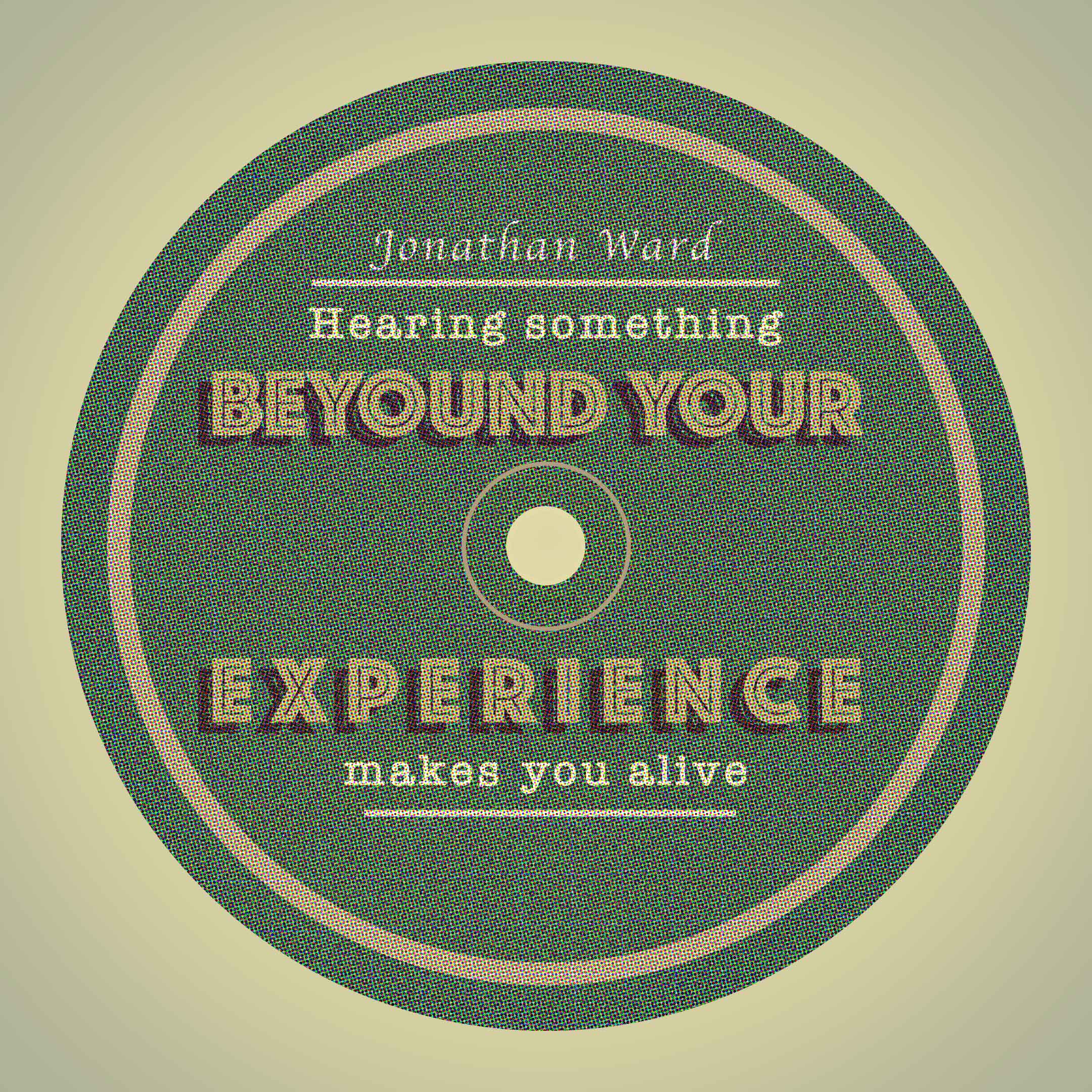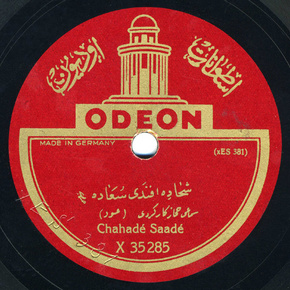
But mostly I was just wondering what does Indonesian music sound like? Cambodian? Zulu? Bolivian? Seneca? He also has a compilation called Excavated Shellac: Strings, which is excellent, and Opika Pende, a boxed set of pan-African music, which I don’t own yet but can’t wait to. Maybe it’s something to do with the allure of history and nostalgia a lot of these recordings are among the first documentations of this music and, in many cases, a very pure expression not directly influenced by recordings or knowledge of music of other cultures. A number of songs that took a lot of listens for me to really appreciate. For me, it has really opened my ears to new music, or at least new ways of hearing music. Jonathan Ward is a 78 collector who got interested in recordings from around the world and started posting them online with some very brief but scholarly commentary on each side. Miller: One of my favorite places to find music over the past year, this page (and the man behind it) is an incredible resource for the musics of a bygone world. Since 2007 and the creation of his website Excavated Shellac, Jonathan Ward has been offering a new gateway into the digging of non-western-centred music.


Read our new Q&A with McMicken and Leaman. Dog keyboardist Zach Miller will be guest editing all week. Dog’s music across its evolving career is a juxtaposition of existential, occasionally desperate lyrical concerns with exuberant pop songs. One thing that has remained consistent in Dr. In MAGNET #85 (order a copy here), we talked to the group’s founding members, co-songwriters and vocalists Scott McMicken (guitar) and Toby Leaman (bass), about that journey, and what it takes to bring a band with a formidable label deal and a professional touring setup back to its DIY roots. Dog made a return to its Philadelphia home studio to record its seventh album, Be The Void (Anti-).


 0 kommentar(er)
0 kommentar(er)
